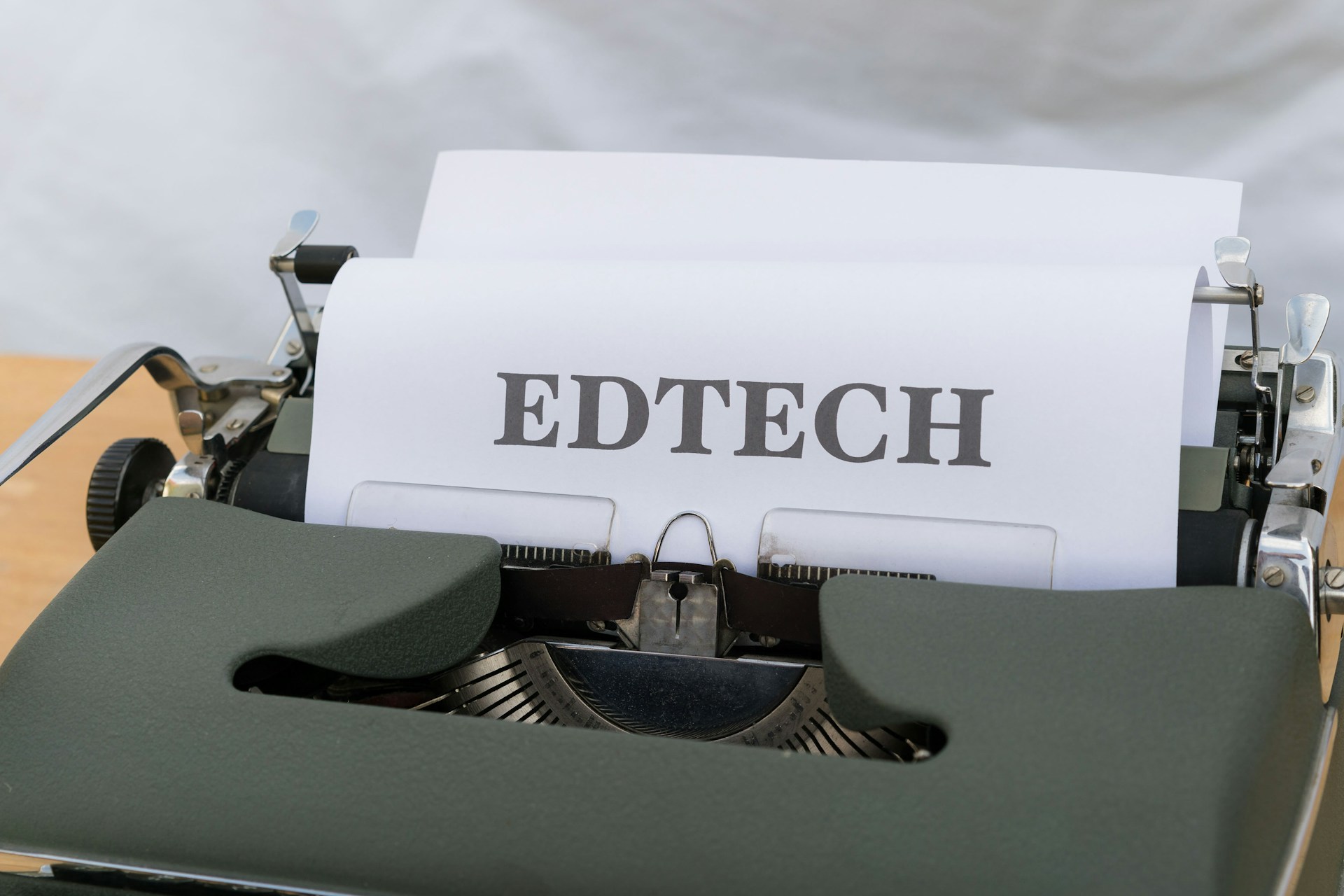
Academic Presentation Support
Expert guidance for developing compelling conference presentations, job talks, and dissertation defenses
Our Presentation Services
Our team of experienced academics provides specialized assistance for developing powerful academic presentations that effectively communicate complex research to diverse scholarly audiences.
Conference Presentation Development
Expert support in crafting compelling conference presentations that communicate your research concisely and engage your disciplinary audience.
Dissertation Defense Preparation
Comprehensive assistance with developing and rehearsing your dissertation defense presentation, including anticipating committee questions.
Job Talk Optimization
Specialized support for developing academic job talks that effectively communicate both your research contributions and teaching philosophy.
Visual Communication Design
Guidance in developing sophisticated data visualizations and slide designs that enhance understanding of complex research findings.
Delivery Coaching
Individualized coaching on presentation delivery skills, addressing pacing, vocal techniques, managing anxiety, and audience engagement.
Q&A Preparation
Strategic preparation for anticipating and effectively responding to challenging questions from academic audiences.
Sample Presentation Work
Below is an example of a doctoral-level academic presentation with annotations highlighting effective structure, visual elements, and narrative techniques.
Mixed-Methods Investigation of Organizational Change in Healthcare Systems
Research Design Framework:
This study employs an explanatory sequential mixed-methods design (Creswell & Plano Clark, 2018) to investigate the implementation of electronic health record systems across three hospital networks. The design consists of two distinct phases: (1) a quantitative phase using survey methodology to identify patterns of adaptation and resistance (n=342 healthcare professionals), followed by (2) a qualitative phase utilizing in-depth interviews and focus groups to explore the mechanisms underlying the quantitative findings. This approach allows for both breadth of understanding through statistical analysis and depth of explanation through qualitative inquiry.
Annotation: Demonstrates scholarly sophistication by explicitly grounding the design in established methodological literature. The detailed explanation of the sequential nature demonstrates understanding of complex research design principles.
Epistemological Positioning:
This research is positioned within a critical realist epistemology (Bhaskar, 2008), acknowledging an objective reality of organizational structures while recognizing that this reality is perceived and experienced differently by various stakeholders. This philosophical stance informs both the quantitative measures—which assess observable behavioral and performance changes—and the qualitative inquiry—which explores the underlying generative mechanisms and contextual factors that explain these observable patterns. This positioning rejects both positivist reductionism and constructivist relativism in favor of a stratified ontology that recognizes the interplay between structures, mechanisms, and experiences.
Annotation: Exhibits doctoral-level conceptual sophistication by articulating the philosophical underpinnings of the research design. The explicit connection between epistemology and methodological choices demonstrates scholarly rigor.
What Makes This an Excellent Doctoral Paper:
- Original contribution to knowledge
- Innovative research methodology
- Authoritative command of the field
- Theoretical significance and implications
- Rigorous data analysis
- Scholarly voice and precision
Why Choose Our Presentation Support
Presentation Experience
Our advisors have extensive experience presenting at international conferences, dissertation defenses, and in competitive academic job markets.
Audience-Focused Approach
We emphasize tailoring your presentation to specific academic audiences, considering disciplinary expectations and contextual factors.
Visual Communication Expertise
Our team includes specialists in data visualization and slide design who can help transform complex information into clear visual narratives.
Comprehensive Preparation
We provide holistic support addressing content development, visual design, delivery techniques, and strategic preparation for audience engagement.
Our Presentation Specialists
Our team includes experienced academics who have presented at prestigious conferences and have extensive teaching and communication experience across diverse fields.
No writers available to display at this time.
Our Presentation Development Process
We've developed a structured approach to help doctoral candidates create and deliver compelling academic presentations.
Audience & Context Analysis
We begin by analyzing your specific presentation context, audience composition, and disciplinary expectations to inform strategic planning.
Content Structure Development
Collaborative creation of a focused presentation structure that effectively communicates your research story with appropriate emphasis and pacing.
Visual Design Development
Creation of sophisticated slide designs and data visualizations that enhance understanding and engagement with your research findings.
Delivery Rehearsal & Feedback
Guided practice sessions with detailed feedback on delivery techniques, timing, emphasis, and audience engagement strategies.
Q&A Simulation & Preparation
Simulated Q&A sessions with challenging questions typical of your presentation context, with guidance on developing effective responses.
Final Refinement & Preparation
Comprehensive review and refinement of all presentation elements, addressing any remaining concerns and bolstering your confidence.
Academic Disciplines We Cover
Humanities
Literature, History, Philosophy, Religious Studies, Cultural Studies, Arts, and more.
Social Sciences
Psychology, Sociology, Political Science, Anthropology, Economics, Geography, and more.
Natural Sciences
Biology, Chemistry, Physics, Environmental Science, Astronomy, Geology, and more.
Business & Economics
Management, Marketing, Finance, Accounting, Microeconomics, Macroeconomics, and more.
Health Sciences
Nursing, Public Health, Nutrition, Healthcare Management, Medical Ethics, and more.
Technology & Engineering
Computer Science, Information Technology, Engineering disciplines, Cybersecurity, and more.
What Our Clients Say
My job talk was completely transformed through this process. My advisor helped me reframe my research narrative to emphasize broader impact and future directions, which resonated strongly with the search committee. The visualization support was particularly valuable for making complex modeling results accessible to a diverse faculty audience.

Dr. James L.
PhD in Economics
After struggling with my dissertation defense rehearsals, I sought expert help. My presentation coach identified critical weaknesses in how I was structuring my defense and guided me in anticipating committee questions. The difference was remarkable—I walked into my defense with confidence and handled even the most challenging questions effectively.

Dr. Michelle K.
PhD in Microbiology
Presenting at a major international conference as a doctoral student was intimidating. The support I received helped me develop a presentation that generated significant interest in my research. The guidance on managing the Q&A session was particularly valuable—I felt prepared for every question and made valuable connections with senior scholars in my field.

Sophia T.
PhD Candidate in Sociology
Frequently Asked Questions
We customize presentations based on a thorough analysis of the specific academic context. For conference presentations, we consider the conference theme, typical audience composition, disciplinary expectations, and time constraints—helping you focus on key contributions while acknowledging limitations appropriately. For job talks, we balance research presentations with teaching philosophy elements, tailoring content based on institution type (R1, liberal arts, etc.) and department priorities. For dissertation defenses, we analyze committee member interests and potential concerns, structuring your presentation to preemptively address anticipated questions. Throughout, we consider factors like presentation duration, room setup, technology availability, and discipline-specific conventions in slide design and data presentation. This contextual adaptation ensures your presentation resonates effectively with your specific academic audience.
Our approach to managing presentation anxiety is multifaceted. We begin with preparation strategies, ensuring thorough knowledge of content and anticipating questions to build confidence. We incorporate structured rehearsal techniques including progressive exposure (practicing with increasingly challenging audiences), video recording analysis, and visualization exercises. We teach physical management techniques including diaphragmatic breathing, progressive muscle relaxation, and specific pre-presentation routines. We address cognitive aspects through reframing exercises, thought stopping techniques, and developing personalized anxiety management plans. For severe anxiety, we can recommend specialized techniques like beta-blocker information (to discuss with healthcare providers) and more intensive desensitization approaches. Throughout, we emphasize that some anxiety is normal and can enhance performance when managed effectively.
Our data visualization approach begins with identifying the key story your data should tell, focusing on the specific findings most relevant to your presentation context. We apply visualization best practices including appropriate chart selection, color theory, and minimizing chart junk while ensuring accessibility. For complex findings, we develop progressive disclosure strategies—building visualizations sequentially to guide understanding—and employ techniques like small multiples, layered information, and strategic highlighting. We create custom visualizations beyond standard charts when needed, using tools like R, Python, or Adobe Illustrator. We emphasize cognitive principles in design, accounting for working memory limitations and leveraging preattentive processing. Throughout, we balance technical accuracy with clarity for non-specialists, ensuring your visualizations communicate complex findings effectively without oversimplification.
Our approach to handling challenging questions is systematic and comprehensive. First, we conduct a thorough analysis of potential vulnerabilities in your research or presentation, identifying methodological limitations, theoretical controversies, or contentious findings. We then categorize likely question types (methodological challenges, theoretical disagreements, practical implications, etc.) and develop response frameworks for each category. We practice with simulated questioning sessions, including deliberately hostile or unfair questions, teaching techniques like bridging, acknowledging limitations while emphasizing strengths, and maintaining composure under pressure. We provide strategies for managing truly hostile questioners, including deflection techniques, audience engagement, and professional boundary-setting. Throughout this preparation, we emphasize that challenging questions represent engagement with your work and provide opportunities to demonstrate scholarly depth and critical thinking abilities.
Absolutely. Our approach to interdisciplinary and non-academic presentations focuses on accessibility without sacrificing intellectual integrity. For interdisciplinary academic audiences, we help you identify shared methodological or theoretical touchpoints while carefully defining discipline-specific terminology. We develop analogies and explanatory frameworks that translate specialized concepts across disciplinary boundaries. For non-academic audiences (policy makers, industry partners, community stakeholders), we emphasize impact-focused framing, concrete applications, and narrative techniques that make research relevant to audience priorities. We help adjust your communication style—balancing academic precision with engaging delivery—and develop visualizations that communicate complex findings without requiring specialized knowledge. Throughout, we maintain the scientific integrity of your research while making strategic choices about technical depth, jargon usage, and emphasis to ensure your presentation resonates with diverse audiences.
Ready to Develop Your Academic Presentation?
Get matched with a presentation specialist in your field today.
Start Your Presentation